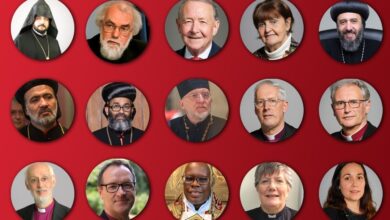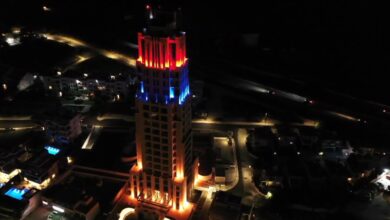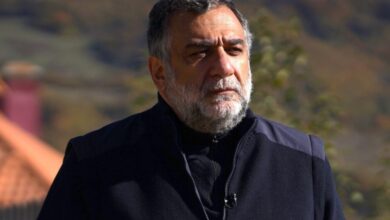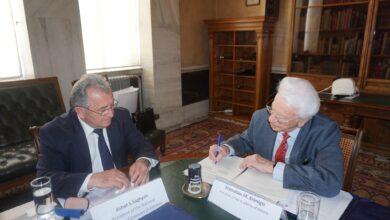AP: Syrian-Armenian town’s fate murky after rebel grab
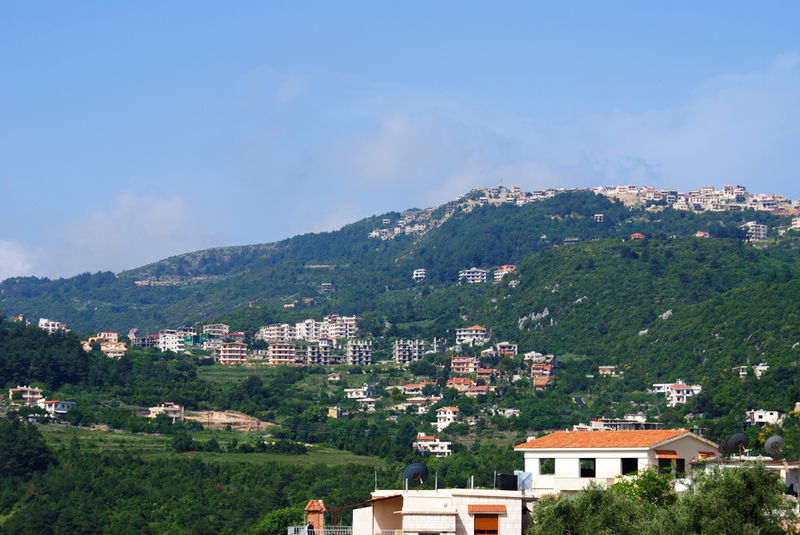
When hundreds of residents of the postcard-pretty coastal Syrian village of Kassab fled this week, it bore historic weight: it was the third time since 1900 that ethnic Armenians there felt compelled to run for their lives, the Associated Press writes.
They left once at the hands of vengeful Turkish neighbors, and later because of Ottoman forces. This time it was Syrian rebels storming into town. It was a heavy blow for the minority community that sees the town as key to preserving the Armenians’ identity in Syria.
Kassab “is a symbol of Armenian history, language and continuity. It’s very symbolic,” said Ohannes Geukjian, a political science professor who writes on contemporary Armenian history and politics. “And so the fall of Kassab, I consider it the defeat of Armenian identity in that area.”
Rebels seized control of Kassab on Sunday after launching an attack two days earlier in the coastal Syrian province of Latakia. The clashes led most of Kassab’s estimated 2,000 residents to flee some 57 kilometers to Latakia city, emptying out a village that boasted a Catholic, Orthodox and Protestant church.
“We had to flee only with our clothes. We couldn’t take anything, not even the most precious thing — a handful of soil from Kassab. We couldn’t take our memories,” said a woman to Syrian state television.
Kassab residents, speaking to Syrian television, said mortar shells and gunfire came from the Turkish border toward their village. A Syrian field commander on a government-organized trip told journalists near Kassab that gunmen began their attack “with clear support from the Turks.” Turkish officials refuted the claims.
The forced flight from Kassab has deep meaning for many Armenians, because it is one of the last areas tracing back to the eleventh-century from the Armenian kingdom of Cilicia, said professor Geukjian.
Other areas in modern-day Syria once had ancient Armenian villages, but residents left to join larger communities in cities like Aleppo, or assimilated into the wider Christian minority, or emigrated, said Geuikjian. Only Kassab “kept its identity and language,” he said.
“When you say Kassab, you understand you are referring to the Armenians,” said Arpi Mangassarian of Badguer, a Beirut-based Armenian cultural organization. “It symbolizes Armenian culture.”
“We are afraid, if you want the truth. Of what is happening now, the future. The future is not clear,” Geukjian said.




